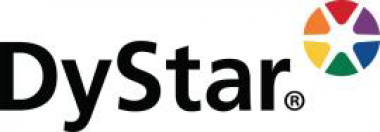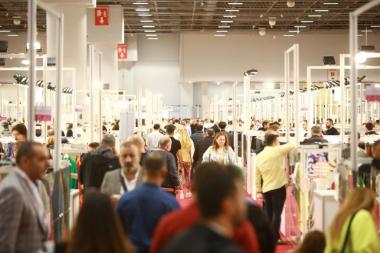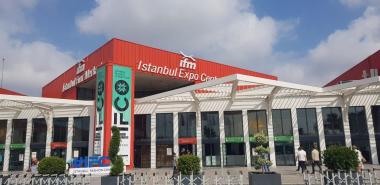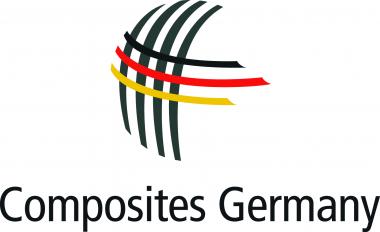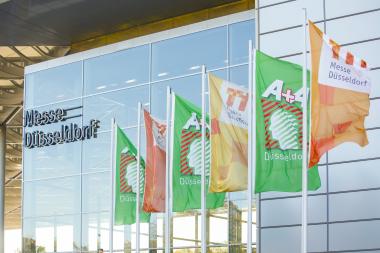DyStar announces Restructuring Plan for Ludwigshafen Plant Facility
DyStar announces the plan to restructure its Ludwigshafen facility located in Germany. The strategic decision is made by the company in response to changing business conditions and market shifts.
Mr. Xu Yalin, Managing Director, and President of DyStar Group said, “This is an important strategic move for DyStar. We will focus on developing key emerging markets, which have been shifting over a decade. In the wake of higher energy costs and inflation, DyStar is determined to further improve cost efficiency and drive sustainable productivity as we continue to deliver the highest quality of innovative products that support the global supply chain.”
Mr. Eric Hopmann, Chief Commercial Officer of DyStar Group said, “The restructuring of this facility will be carried out in a phased manner. DyStar will diversify the production activity out of Europe and start with the reduction of manpower as a consequence. DyStar’s customers can be further assured of undisrupted supply, hence their production should not be affected as we will work closely to meet their specific requirements.”
The facility has been an integral part of DyStar’s global network. DyStar inherited this facility from their founders who started the Indigo research and manufacturing more than 125 years ago.
DyStar


